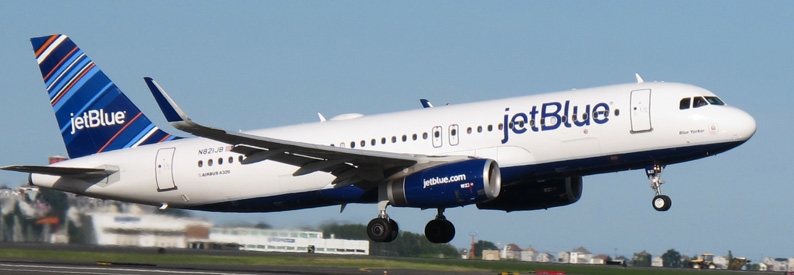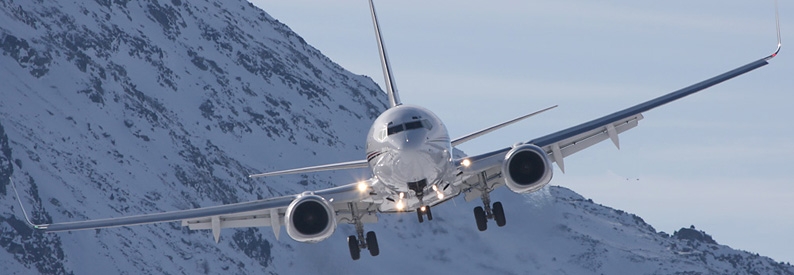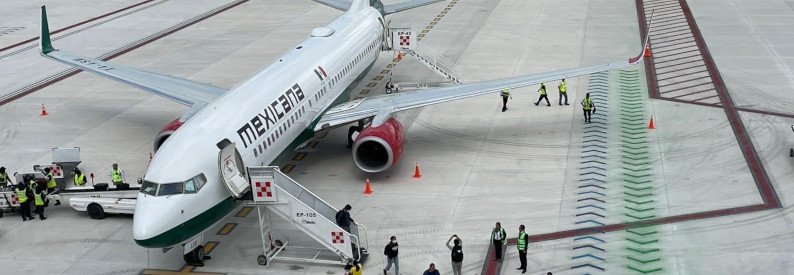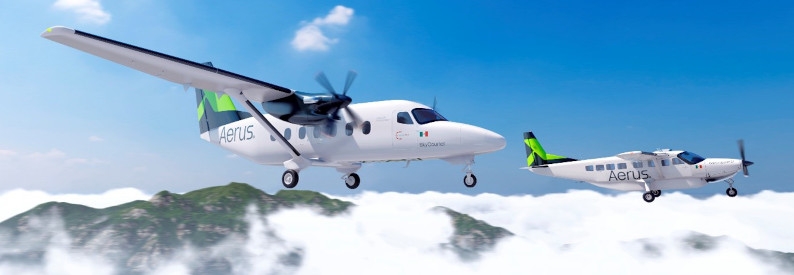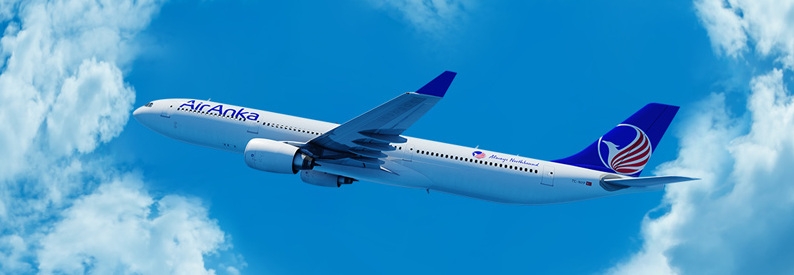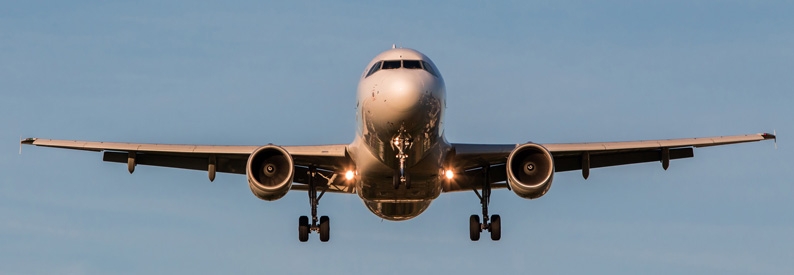Volaris (Y4, México City International) has reported it will have an available seat miles (ASM) reduction between 16% and 18% during the full year 2024, due to the impact the Pratt & Whitney PW1100 engine issues are having on its fleet. As of January, the ch-aviation fleets module shows 16 neo jets (fifteen A320-200Ns and one A321-200NX) out of the airline’s strong fleet of 120 are inactive.
The Mexican ultra-low-cost carrier has been impacted by the Pratt & Whitney groundings resulting in it laying off 200 people due to operational adjustments in November. However, it secured compensation from the engine manufacturer in December 2023. Volaris has also extended 18 lease contracts and began “a proactive search” for more aircraft and engines.
Beyond the capacity reduction for the full year 2024, Volaris expects to see a growth in Total Revenue per Available Seat Mile (TRASM) growing from USD7.71 cents in 2023’s first quarter to between USD8.5 to 8.7 cents this year’s same period.
Similarly, its EBITDAR margin is expected to grow from 26% in the full year 2023 to between 31% and 33% in 2024, Volaris reported in a filing seen by ch-aviation.
Last year, Pratt & Whitney’s parent company, RTX, found “a rare condition in powder metal used to manufacture certain engine parts” in PW1100G engines manufactured between 2015 and 2020 which led to the Federal Aviation Administration (FAA) publishing new maintenance requirements as well as the recall of an estimated 1,200 engines that are being removed from airframes for inspection and part replacement globally.
Volaris has a fleet of 120 aircraft in Mexico, composed of one A319-100, thirty-nine A320-200s, forty-five A320-200Ns, ten A321-200s, six A321-200Ns, and nineteen A321-200NXs. The airline also has subsidiaries in Costa Rica and El Salvador, with an additional four and five airframes, respectively, none of which are currently inactive.

